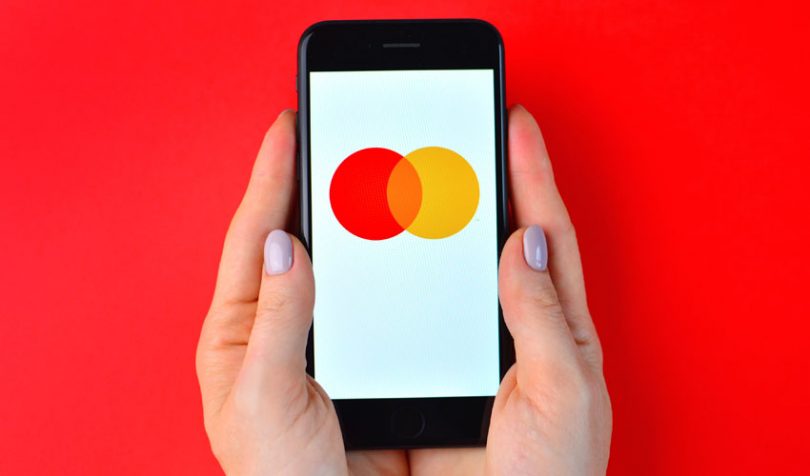Today Mastercard and enterprise blockchain firm R3 announced a partnership to develop a cross border payments solution. The aim is to interconnect domestic faster payment systems as well as banks. In the background, Mastercard will provide a clearing and settlement network.
Earlier this year Visa and Mastercard waged a bidding war to acquire Earthport, a cross border payments company with banking relationships in 87 countries. Mastercard withdrew and turned around and bought Transfast, which has banking relationships in 125 countries. Both Visa and Mastercard have strategies to leverage their existing payments networks into new avenues. The two card processors are also members of Facebook’s Libra.
This latest move with R3 is part of Mastercard’s strategy as a multi-rail payments company. The organization says the new solution will help to address high overhead costs, liquidity management and a lack of standards for processes between banks and clearing systems.
R3’s CEO David Rutter commented that “all too often the technology they [institutions] rely upon is cumbersome and expensive. Cross-border payments can be a particular pain point.” For its part, R3 wants the Corda network to support numerous payment options. It has a “Corda Settler dApp” which supports both SWIFT and Ripple.
Last week Mastercard announced it was joining the Marco Polo trade finance network which is operated by TradeIX with support from R3. Mastercard’s initial role in Marco Polo is to help to identify and vet trading partners. But one could envision this new payments rail being integrated in the future.
“Developing a new and better cross-border B2B payments solution by improving worldwide connectivity in the account-to-account space is central to Mastercard’s ambition,” said Peter Klein, EVP Mastercard New Payment Platforms. “Our goal is to deliver global payment infrastructure choice and connectivity as demonstrated through our recent strategic acquisitions and partnerships.”






